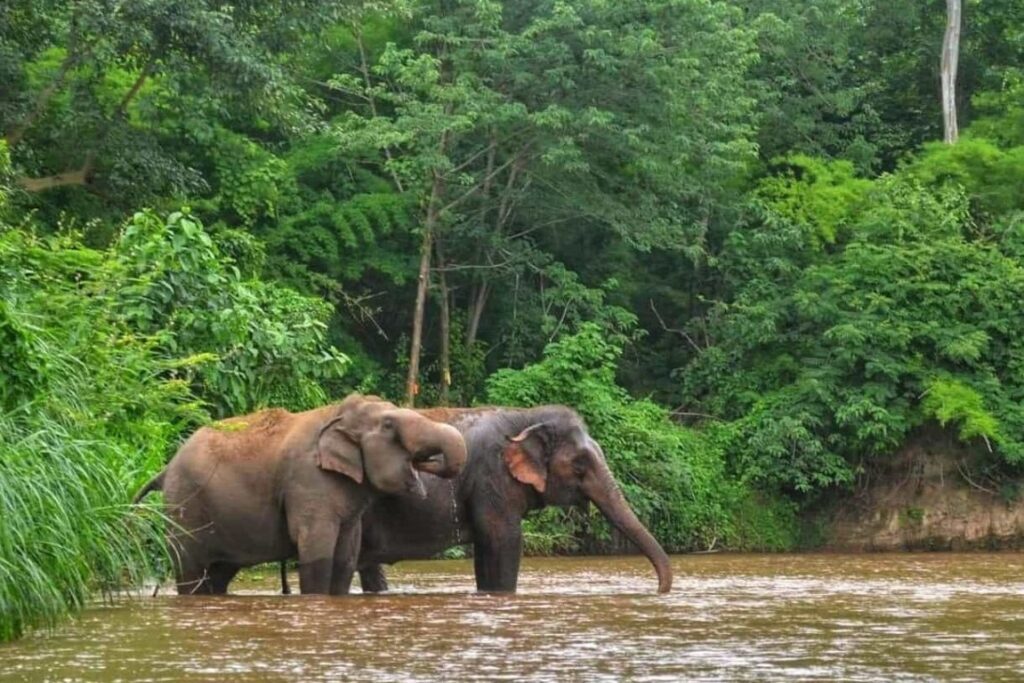Daily Activities of Elephants: A Fascinating Insight
Elephants are one of the most intelligent and majestic creatures on Earth. Their daily routines are a mix of survival instincts, social interactions, and environmental engagement. Understanding the daily activities of elephants provides a deeper appreciation for their complex behaviors and helps promote their conservation. Here, we delve into the various activities that elephants engage in throughout their day.
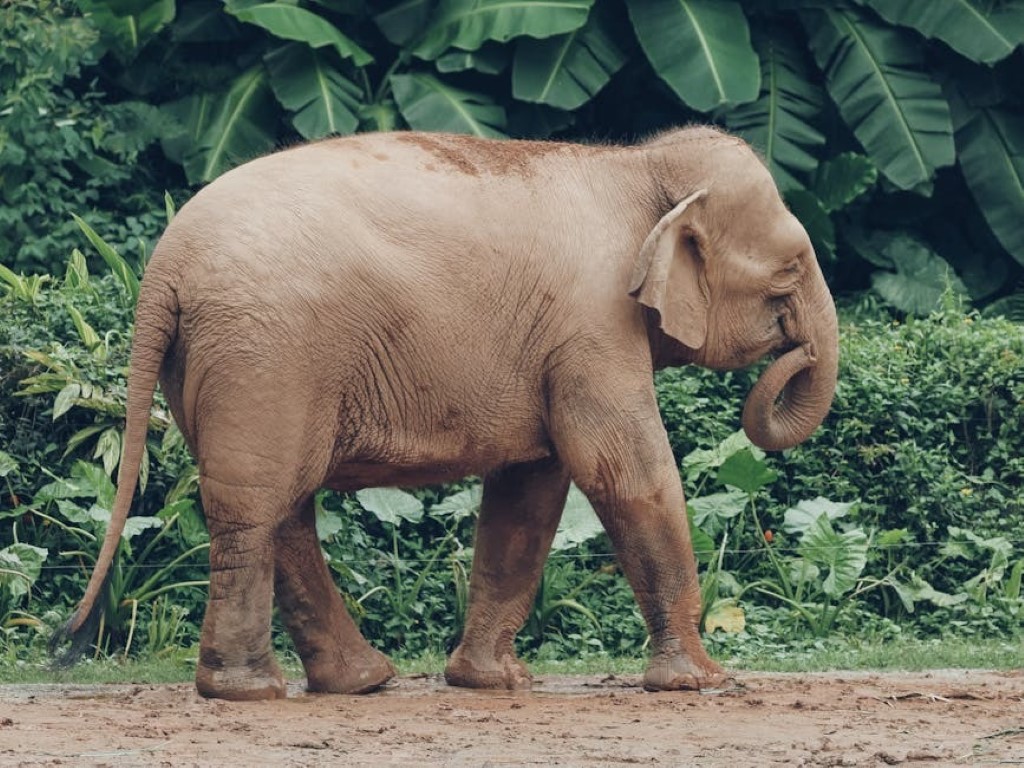
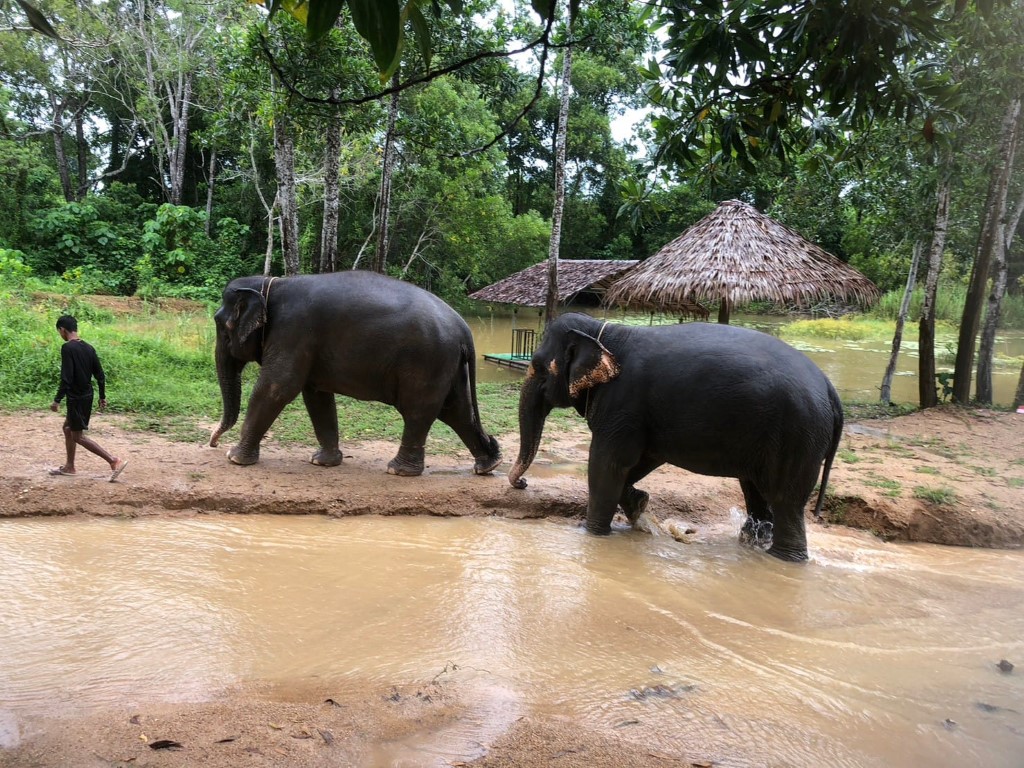
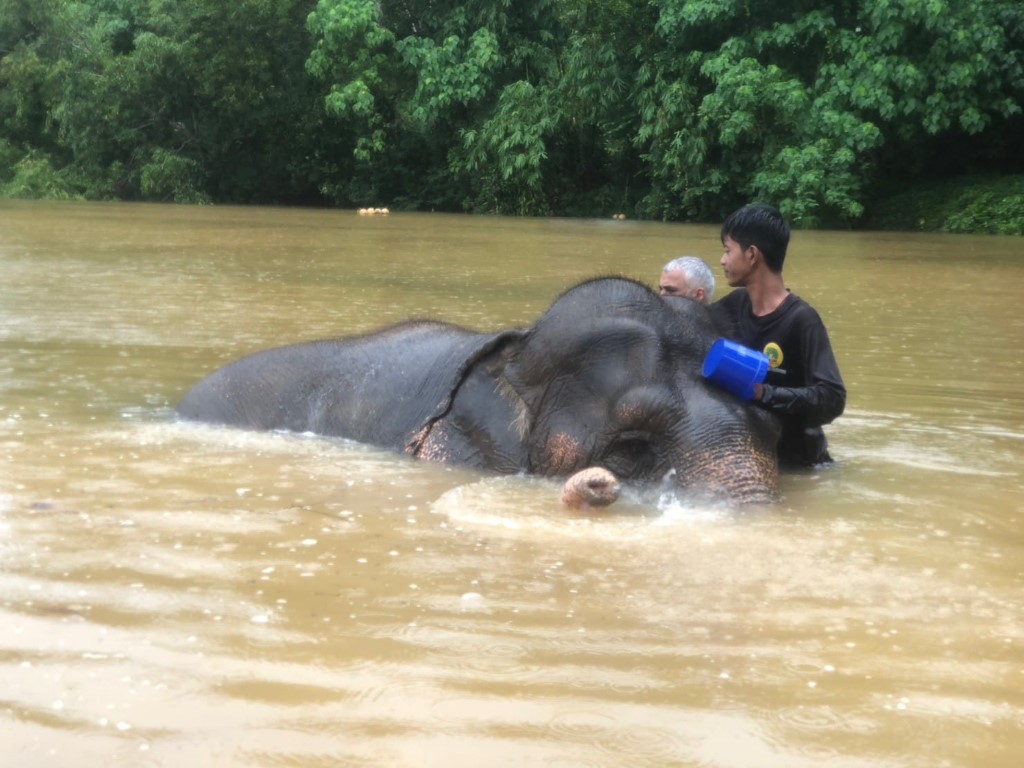
Morning Routines: Starting the Day
Waking Up and Stretching
Elephants usually wake up with the sunrise. They stretch their limbs and prepare for the day ahead. This is also the time when they shake off dust or mud from their bodies, a protective layer they might have applied the previous day.
Early Feeding
Elephants are herbivores and consume a variety of vegetation. In the morning, they forage for fresh grass, leaves, and fruits. Adult elephants can consume up to 150 kilograms of food per day, and mornings are the ideal time to start fulfilling this requirement.
Hydration Time
After feeding, elephants often head to nearby water sources to drink. Hydration is crucial for these massive animals, and they can drink up to 200 liters of water a day. Morning visits to waterholes are also a chance to bond with their herd.
Mid-Morning Activities: Social and Survival Behaviors
Mud Baths and Dusting
Elephants are known for their love of mud baths. Rolling in mud helps them cool down and protects their skin from insects and the sun. After the bath, they often dust themselves with sand, creating an additional protective layer.
Social Interactions
Elephants are highly social animals. During mid-morning, they often engage in social activities such as playing, touching trunks, or vocalizing. These interactions strengthen bonds within the herd, particularly between mothers and calves.
Afternoon: Rest and Relaxation
Resting Period
Afternoons are usually the hottest part of the day, and elephants take this time to rest. They find shaded areas to lie down or stand and doze. Calves often play near their mothers while adults remain alert to potential dangers.
Communication and Bonding
Elephants use a variety of sounds, including low-frequency rumbles, to communicate. These vocalizations can convey messages over long distances, helping herds stay connected even when spread out.
.
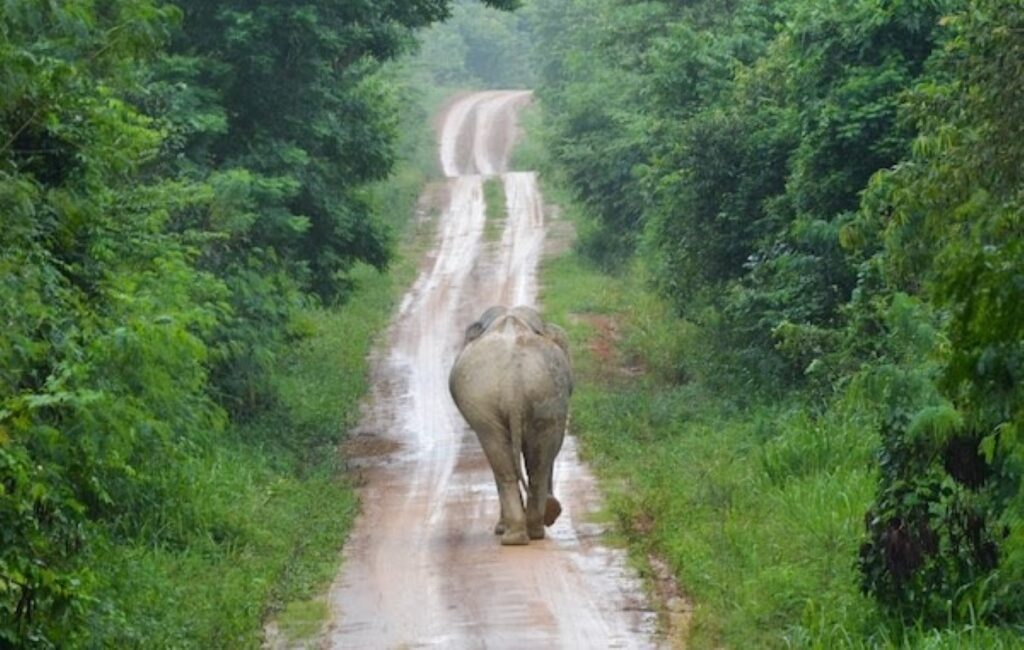
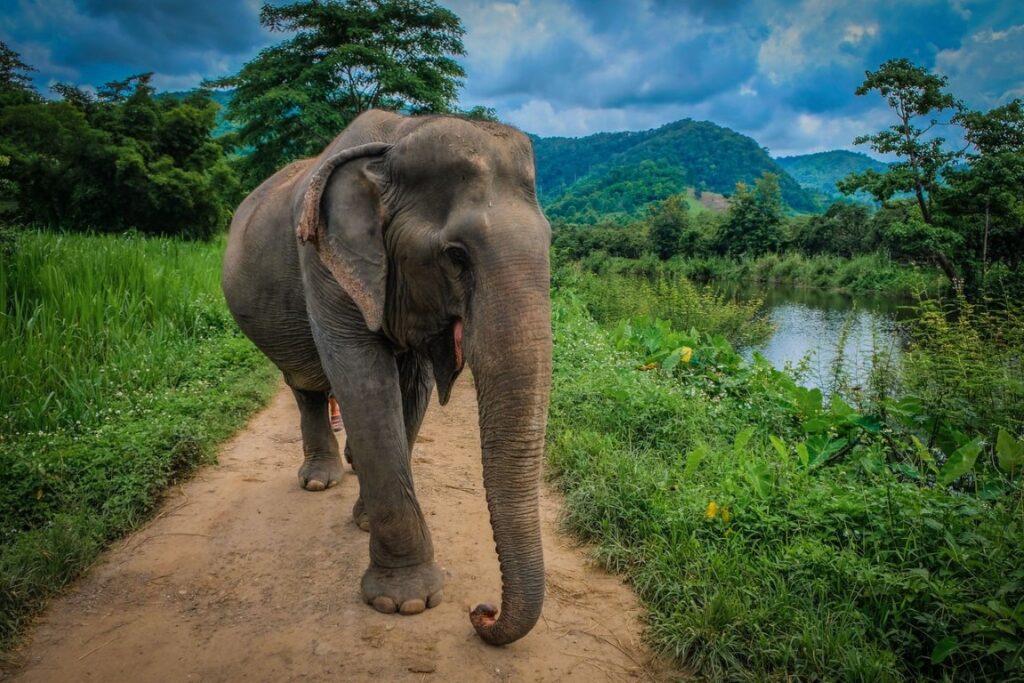
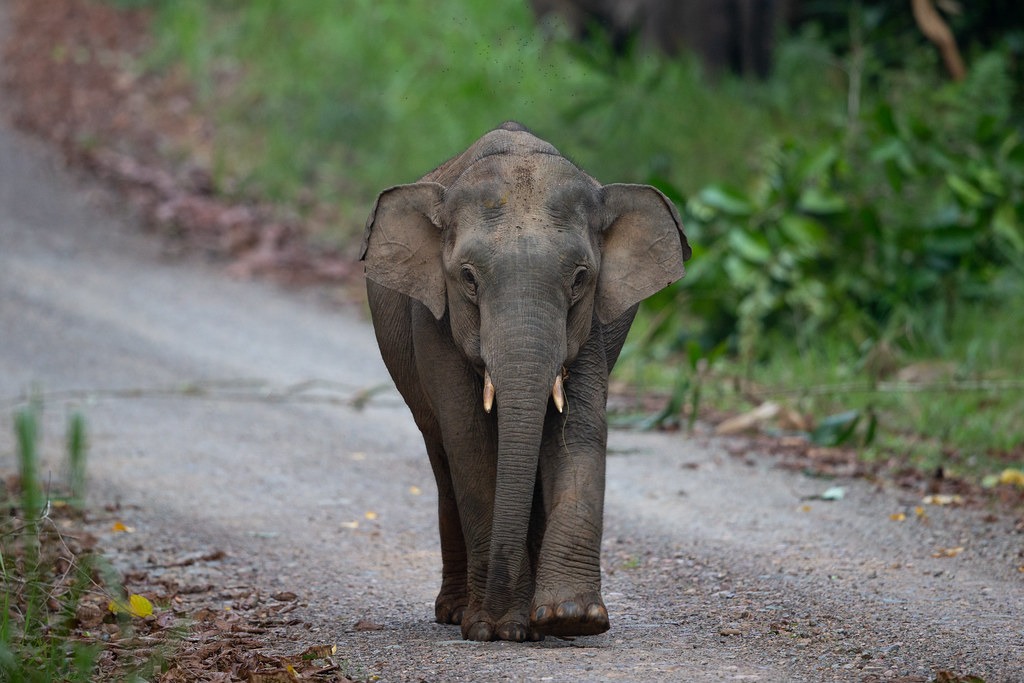
Evening: Foraging and Exploration
Extended Feeding
As the temperature drops, elephants resume foraging. They travel considerable distances in search of food, often revisiting areas with abundant vegetation. Elephants use their trunks and tusks skillfully to access food, such as stripping bark from trees or digging up roots.
Exploration
Evening hours are also a time for exploration. Elephants are known for their curiosity and memory, often investigating new areas or revisiting old ones. This behavior helps them map resources in their habitat.
Nighttime: A Blend of Activity and Rest
Night Foraging
Elephants are semi-nocturnal and often forage at night. The cooler temperatures allow them to cover more ground without overheating. Night foraging is crucial, as it supplements their enormous dietary needs.
Sleep Patterns
Elephants require only a few hours of sleep, usually standing. However, they occasionally lie down for deep sleep. Their short sleep duration is offset by their ability to nap throughout the day.

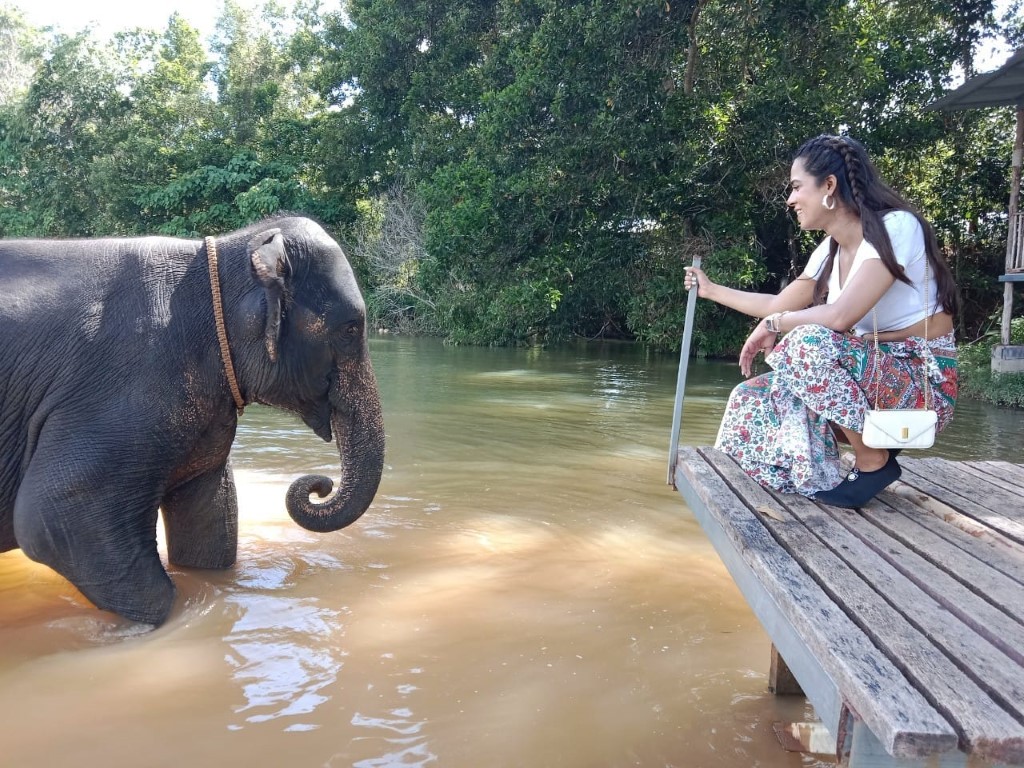
Seasonal Variations in Daily Activities
Dry Season Adjustments
During the dry season, water and food sources become scarce. Elephants adapt by traveling longer distances and relying on their exceptional memory to locate hidden resources.
Wet Season Abundance
The wet season brings an abundance of food and water. Elephants’ daily activities during this time focus on enjoying the lush environment, with ample opportunities for social interactions and nurturing young calves.
The Role of Elephants in Ecosystems
Elephants’ daily activities have a profound impact on their ecosystems. Their foraging habits help shape vegetation, and their dung disperses seeds, promoting plant growth. Waterholes created by elephants often become essential resources for other animals.
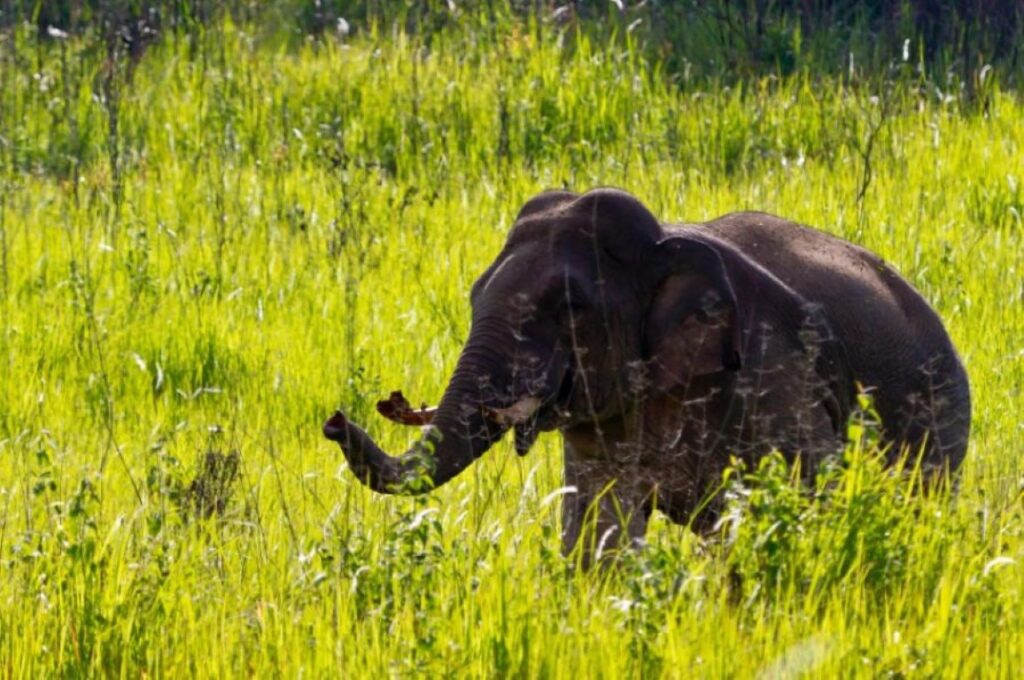
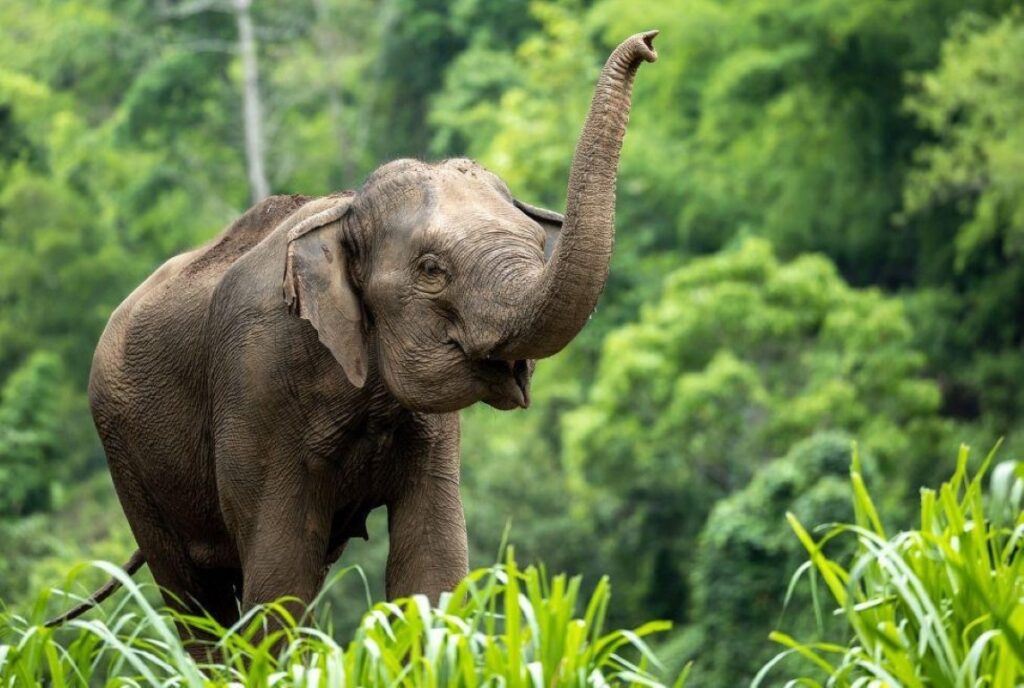

Conservation Efforts: Protecting Their Daily Lives
Understanding the daily activities of elephants is vital for conservation. Efforts to protect their habitats and minimize human-elephant conflicts ensure that these magnificent creatures can continue their routines without disruption.
Final Thoughts
Elephants lead a life rich in complexity, balancing survival, social connections, and environmental interactions. Each activity, from their morning stretches to their nighttime foraging, plays a critical role in their well-being and the health of their ecosystem. By learning more about their daily routines, we can better appreciate their importance and work towards their conservation.

